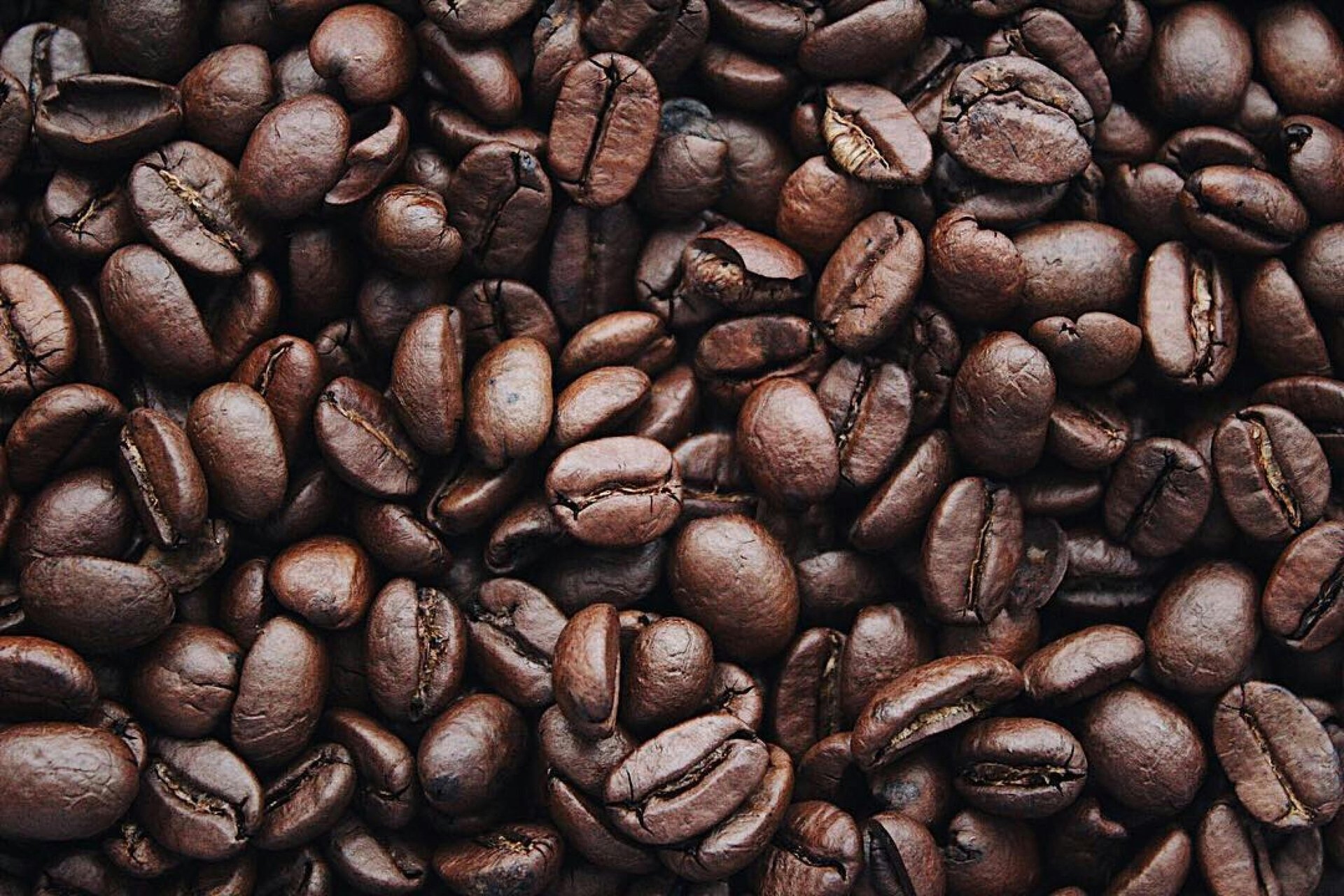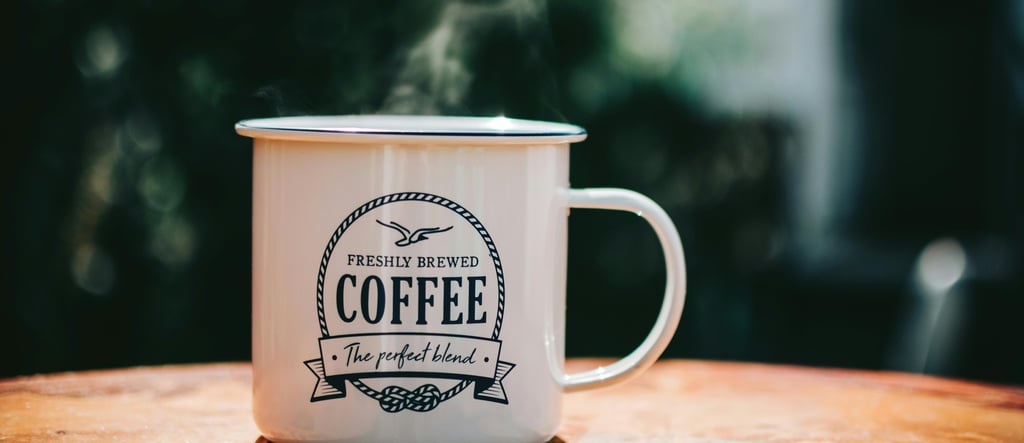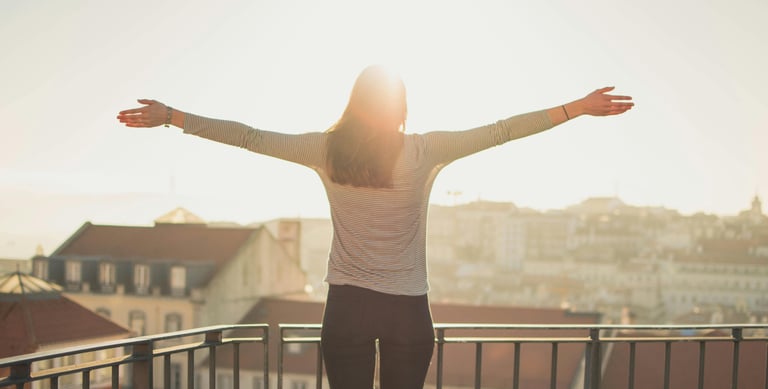
Why I Quit Coffee & What I’ve Learned
I quit coffee after years of daily consumption. It has given me more stable energy, better sleep and reduced anxiety, proving that small lifestyle changes can have a big impact. While coffee has its benefits, this break has shown me the value of moderation in supporting overall well-being.
HEALTH
3/2/20254 min read


Why I Quit Coffee & What I’ve Learned
For as long as I can remember, coffee has been part of my daily routine. That warm cup in the morning, the comforting aroma, the immediate jolt of energy—it felt like a little luxury I couldn’t (or didn’t want to) live without. Throughout the day, I would always reach for another cup, looking forward to my next coffee break to combat the mid-morning or mid-afternoon crash. I averaged about four to five cups a day and never thought twice about how it affected me because quitting wasn’t even a consideration—it was simply part of my life.
But recently, I started to wonder: Is coffee actually helping me, or have I just convinced myself that I need it?
My husband was the first to experiment with cutting out coffee for health reasons. At first, I thought, “Why would I do that? I have no interest in stopping.” But then, curiosity got the best of me. Coffee had been a staple in my daily routine since I was 16 years old—what would life feel like without it?
So, in the spirit of exploring health, wealth, and happiness, I decided to take a break. Not forever (I still love a good latte!), but long enough to see how my body and mind responded. The results? Eye-opening.
The First Few Days: Withdrawal & Adjustment
I won’t sugarcoat it—quitting coffee wasn’t easy at first. I experienced withdrawal symptoms, which I thankfully navigated over a weekend. By Sunday, after more than 24 hours without caffeine, I felt foggy, sluggish, and even took two naps throughout the day. For some, withdrawal can last longer depending on caffeine intake and sensitivity. But once I got over that initial dip, I started to notice some incredible changes.
The Benefits I’ve Noticed Since Quitting Coffee
1. More Stable Energy Levels
Before quitting, I needed coffee to wake up and function. I wouldn’t even leave my bed before finishing my first cup. But what I didn’t realize was how much coffee contributed to my energy crashes later in the day. Since quitting, my energy feels more consistent and natural. I wake up feeling refreshed (without the grogginess) and no longer experience that mid-afternoon slump where I used to crave another cup.


2. Better Sleep Quality
Even though I wasn’t drinking coffee late in the day, I suspect the lingering caffeine in my system was affecting my sleep. I’ve always been sensitive to caffeine, often lying awake hours after my partner had already fallen asleep. Since stopping, I feel naturally tired at night, fall asleep faster, and sleep deeper. I wake up feeling well-rested and no longer toss and turn as much.
3. Less Anxiety & Jitters
Caffeine is a stimulant, and while it can boost focus, it can also increase cortisol (the stress hormone) and exacerbate anxiety. I didn’t realize how much coffee contributed to my restlessness until I cut it out. At one point, I even thought I was experiencing anxiety attacks—my heart would race, and I’d struggle to catch my breath. Now, I feel more grounded, calmer, and less reactive to stress.
Will I Ever Go Back?
From this experiment, I can’t deny how great I feel without coffee. However, I still love the ritual of wrapping my hands around a warm cup in the morning. Since quitting about three months ago, I’ve had coffee a few times and fully enjoyed it—but I now understand that moderation is key. This experience has reminded me how important it is to periodically reassess our habits, as small changes can be truly life-changing. We’re never done learning about our bodies and minds.
For now, coffee has been almost completely replaced in my daily routine with tea, herbal tea, matcha, and good old water. While tea contains caffeine, it has a gentler, more sustained effect, rather than the peak-and-crash cycle that coffee often brings.




4. Improved Hydration & Digestion
Coffee is a diuretic, meaning it can dehydrate you and lead to electrolyte imbalances. Since quitting, I’ve naturally started drinking more water and herbal teas, and I’ve noticed improvements in both my skin and digestion. No more bloating or that uneasy stomach feeling I used to get from too much caffeine.
But Coffee Isn’t All Bad
I’m not here to demonize coffee—it has its benefits too! Coffee is rich in antioxidants, can boost metabolism, and has been linked to a reduced risk of diseases like Parkinson’s and Alzheimer’s. It can also enhance focus and mood in moderate amounts.
For some people, coffee works great—but for me, taking a break has been a game-changer.
Thinking of Taking a Coffee Break? Here’s What Helped Me:
✅ Ease into it – If you drink multiple cups a day, taper down gradually to avoid withdrawal headaches.
✅ Find a replacement – Try matcha, herbal tea, or even warm lemon water to keep the ritual alive.
✅ Support your energy naturally – Focus on hydration, whole foods, movement, and good sleep.
✅ Be patient – The first few days might be rough, but after a week or so, your body will adjust.
If you’ve ever thought about quitting or cutting back on coffee, I highly recommend trying it—even just for a few weeks. You might be surprised at how different you feel.
Have you ever tried a coffee detox? How did it go? Reach out and let’s chat! ☕💬
